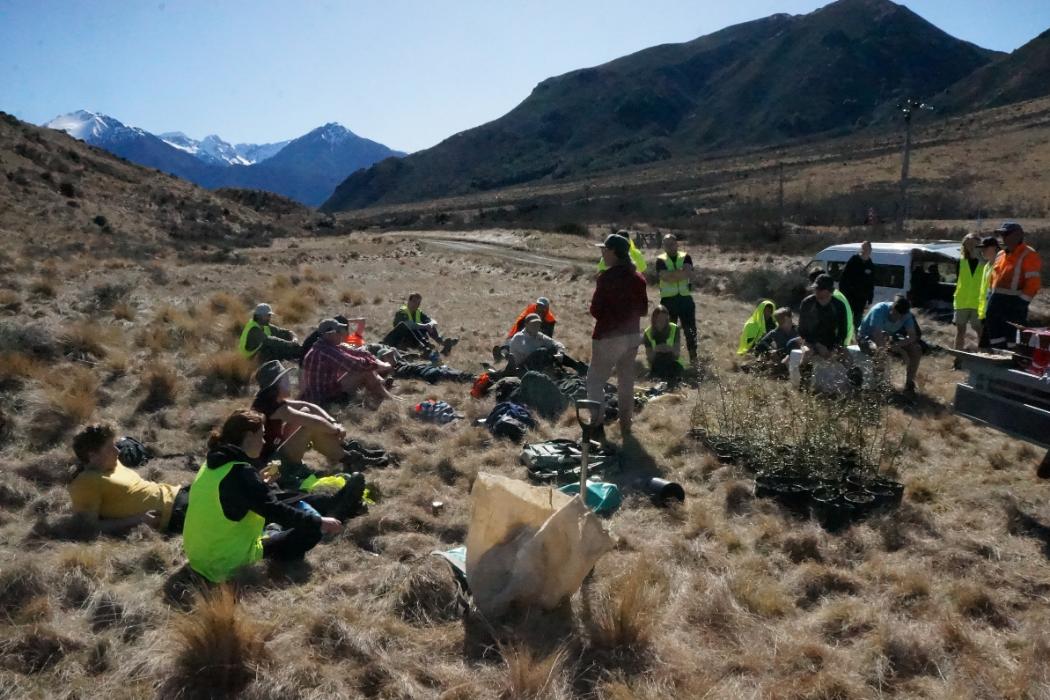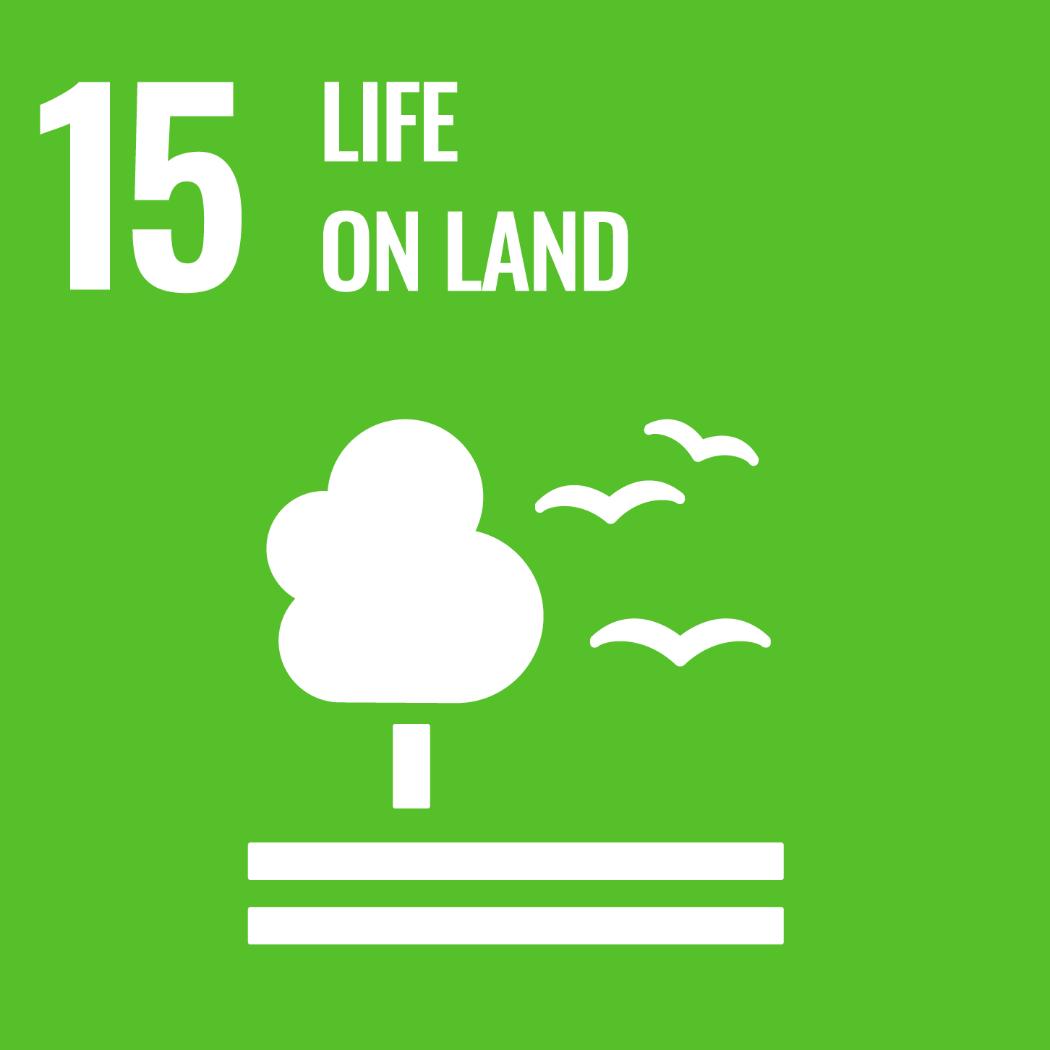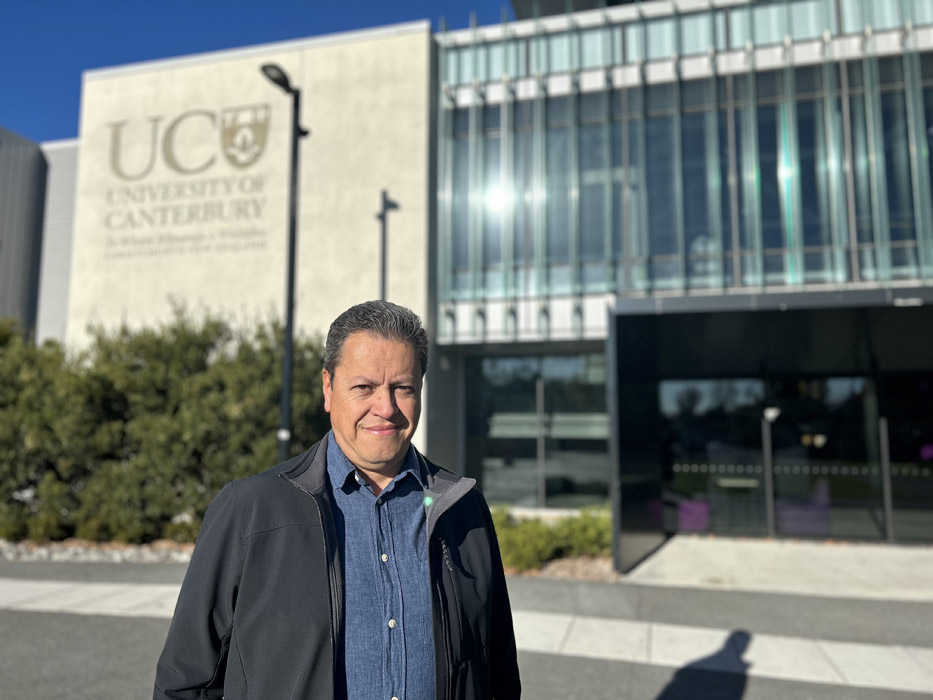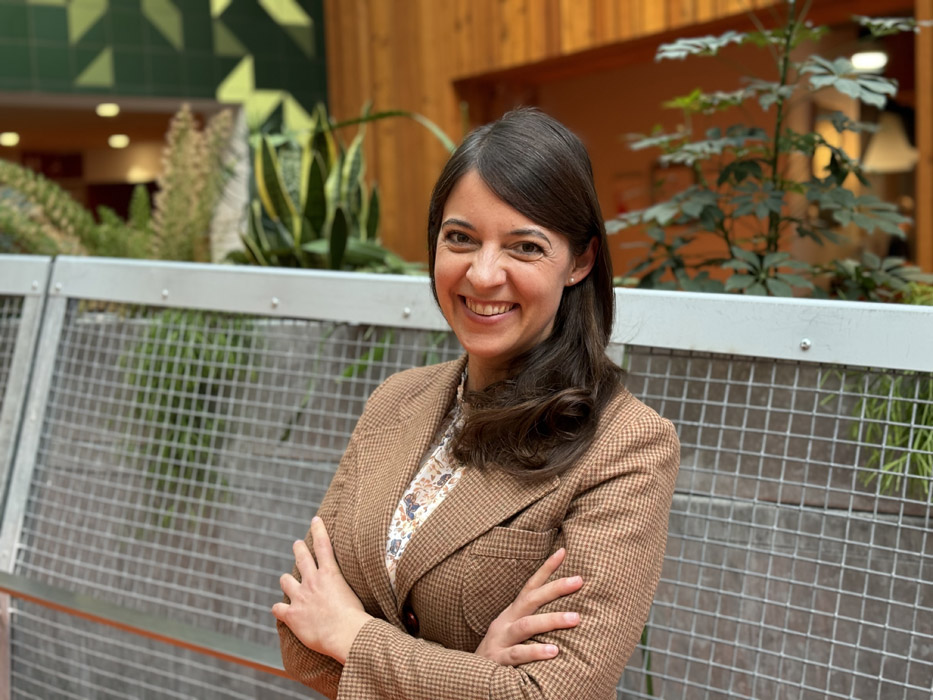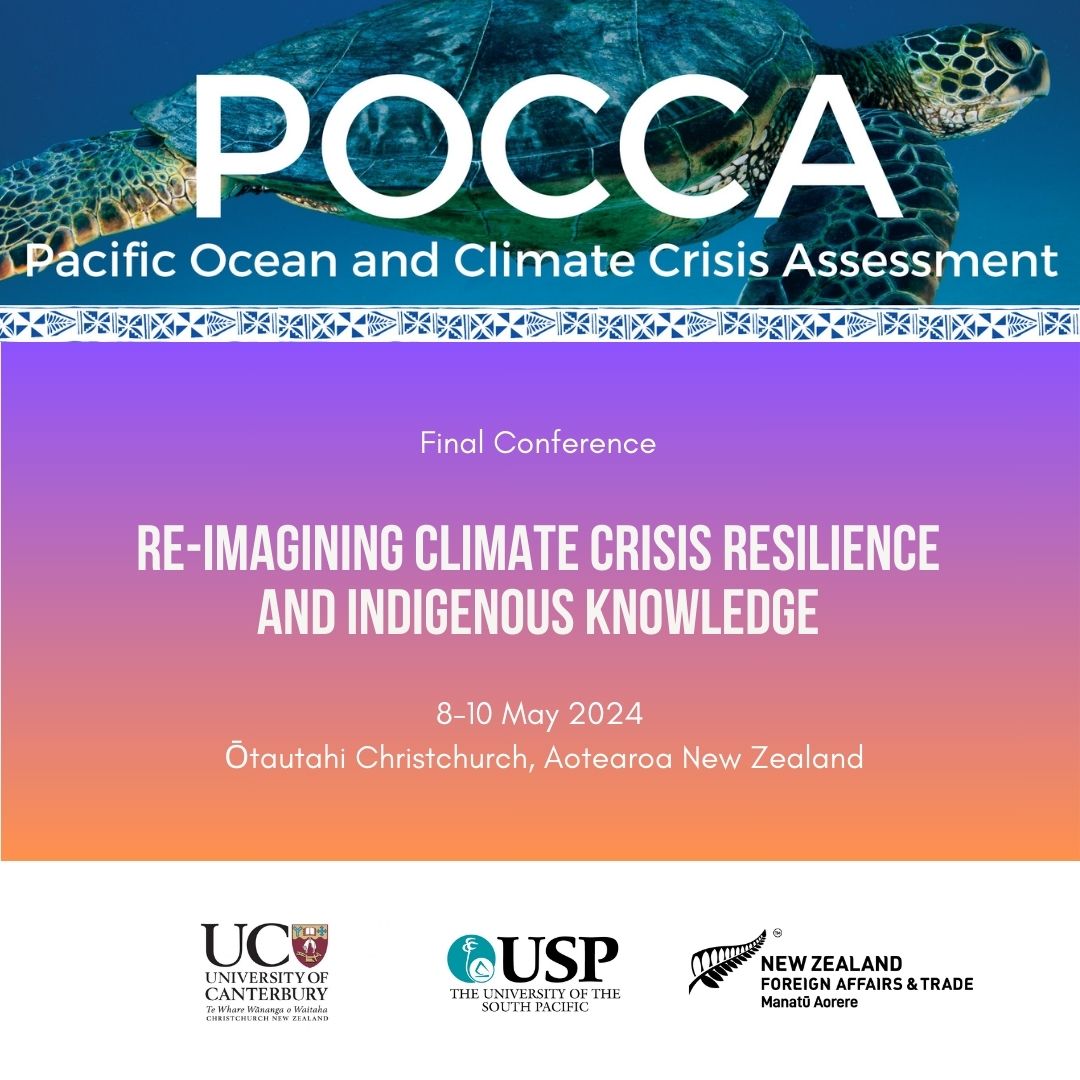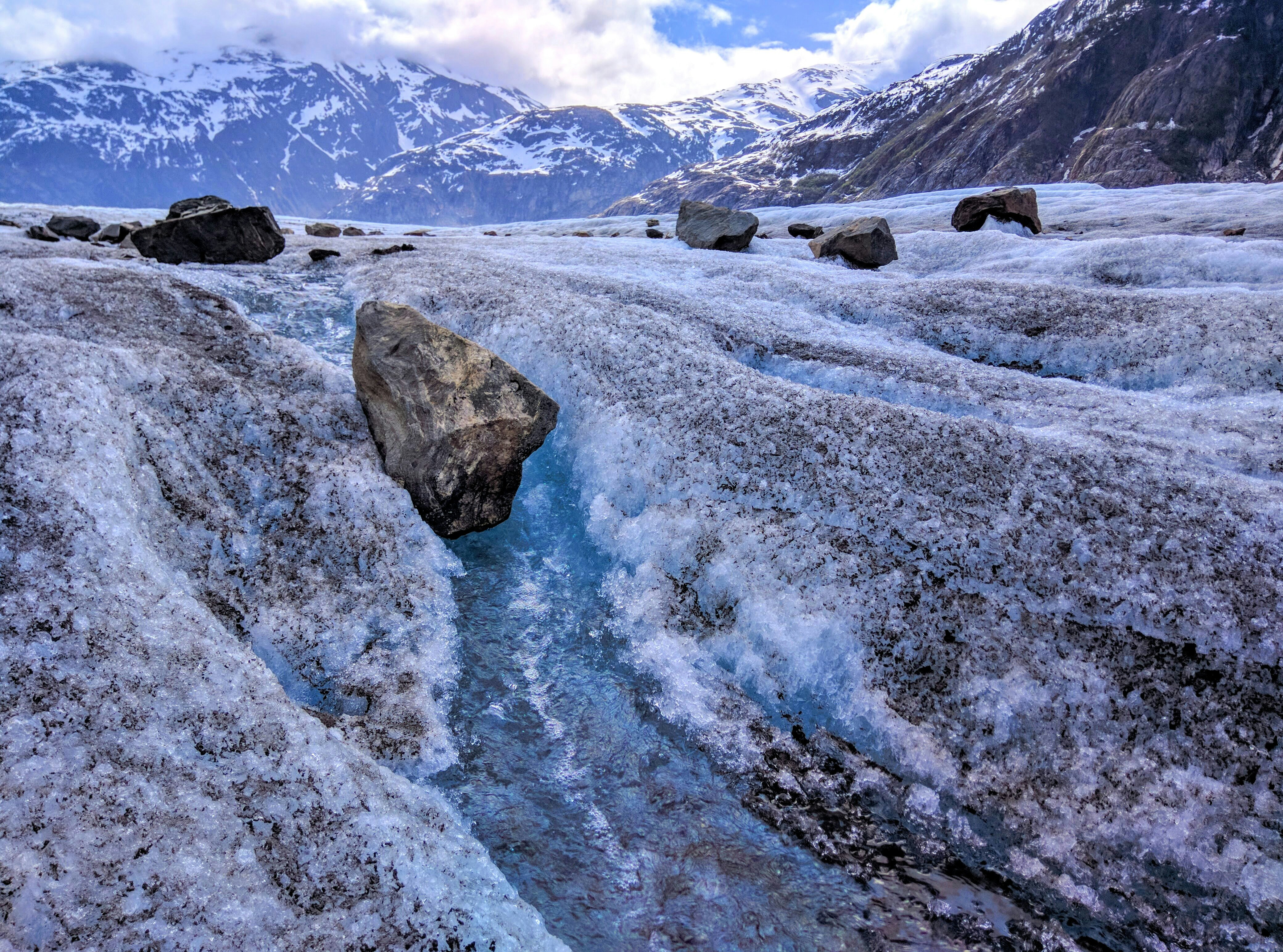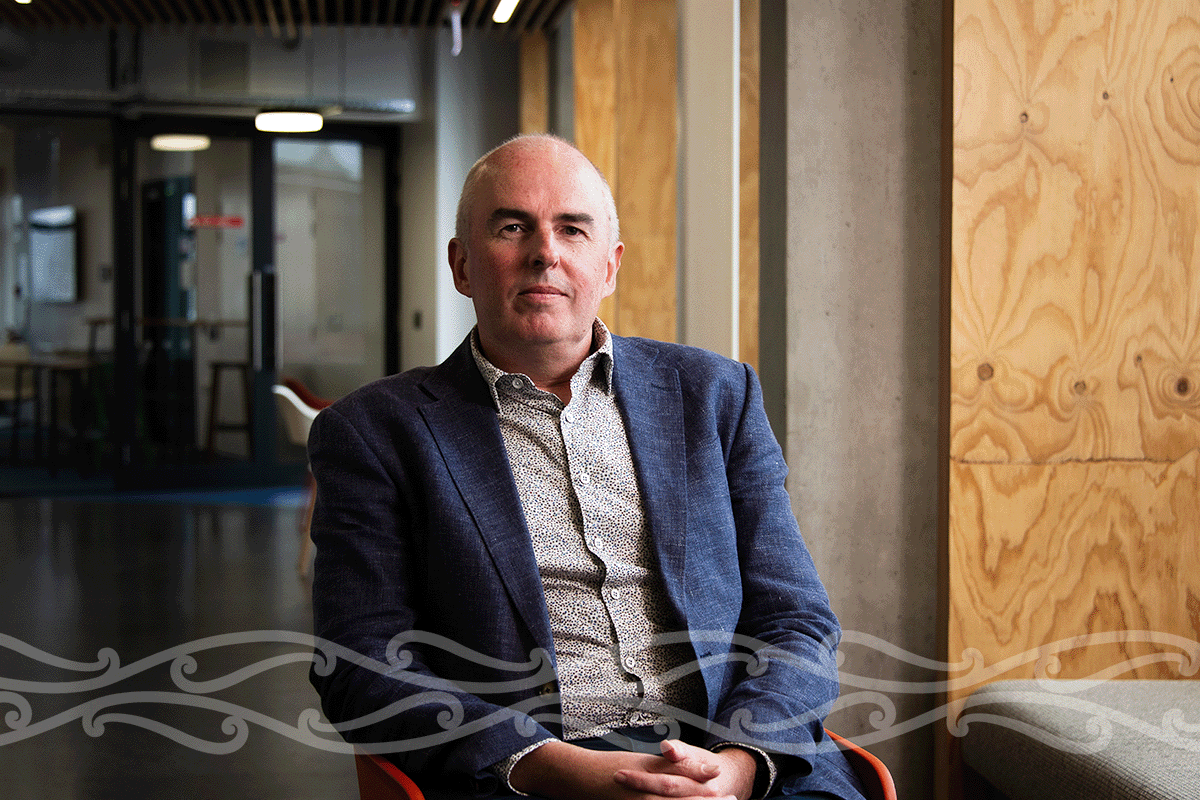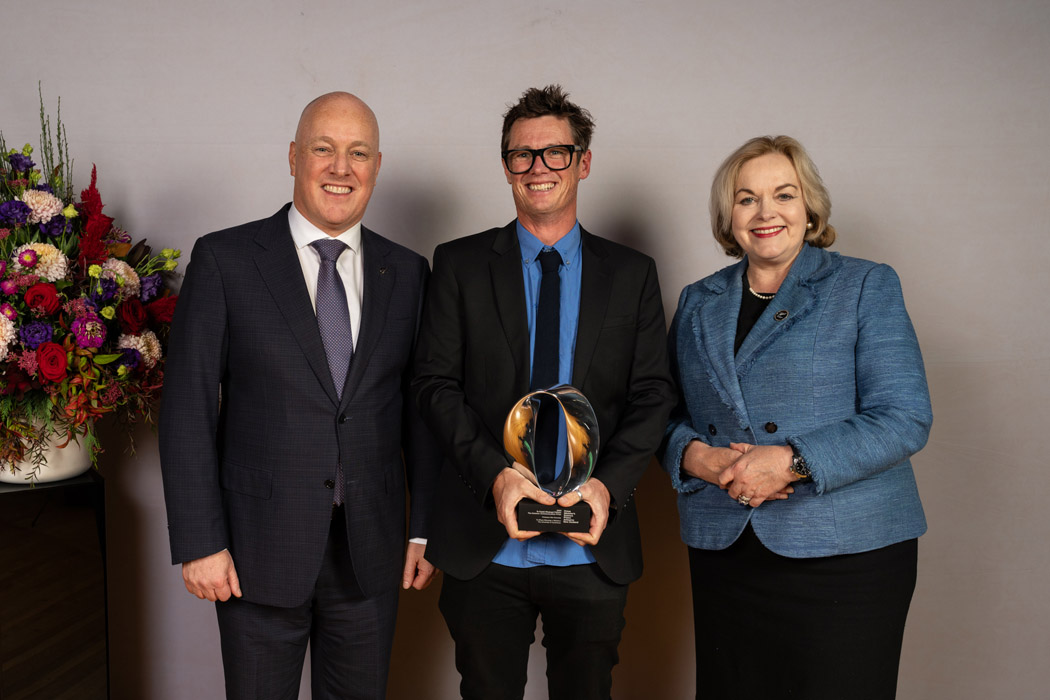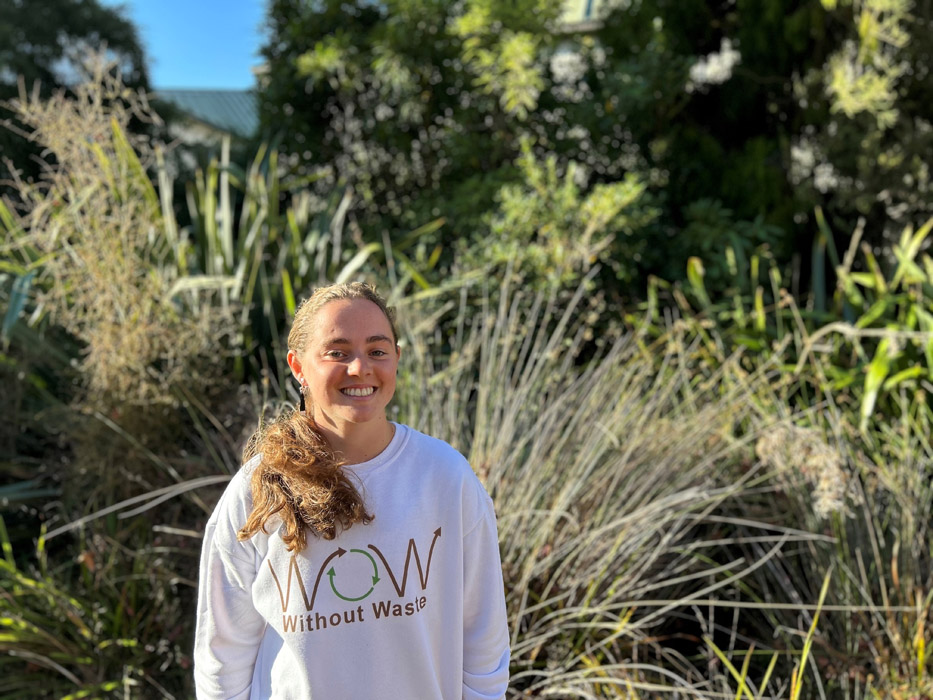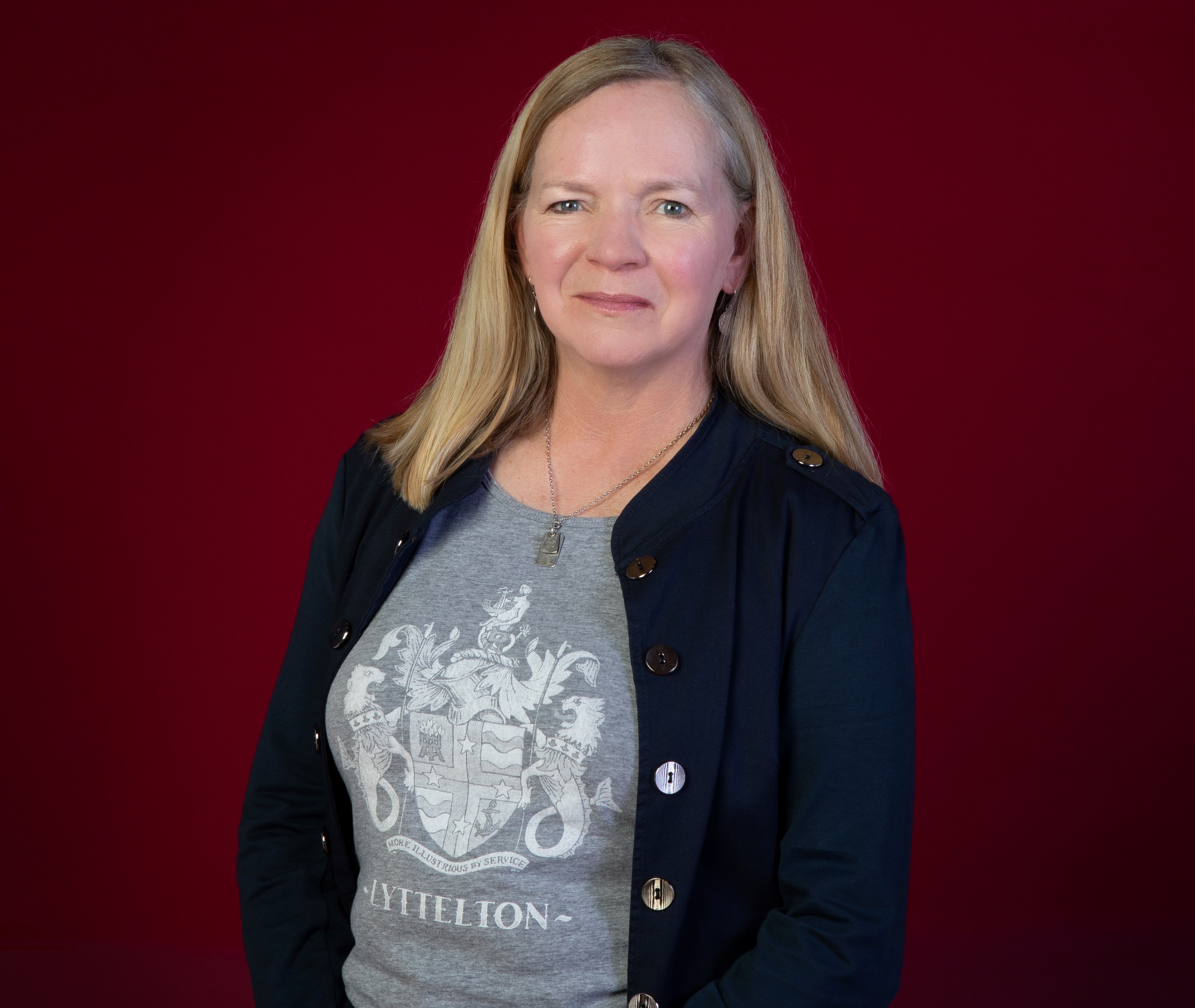The site will also be a base for multidisciplinary long-term research projects led by UC’s School of Forestry. Over time questions around establishment, herbivory, seedling propagation, plant associations for shelter, mountain beech growth, and management and economic considerations will be explored, he says.
“The project also allows the students to become familiar with the university’s Cass Mountain Research Area and surrounding environments. This year some students climbed the hills surrounding the field station and visited the Hawdon River in the Arthurs Pass National Park and the Castle Hill scenic reserve.
“Part of the benefit of this long-term programme is the opportunity for our students to develop an understanding of the management of high-country environments as well as an appreciation of the biology and ecology of the area,” Associate Professor Evison says.
Longer term, the programme will connect the students to people who work and live in the high-country environment to further develop their understanding of the land.
The programme is a partnership between the School of Forestry and UCSA student club Forestry Society (FORSOC) in association with the Waimakariri Ecological and Landscape Restoration Alliance.
History of Cass field station:
UC celebrated 100 years of teaching and research at the Cass field station in 2014.
The Cass Mountain Research Area (CMRA) consists of 1775 ha of eastern South Island mountain land located in the Cass River basin, upper Waimakariri River catchment, North Canterbury. Sometimes referred to as the Cass Field Station (or earlier as the Canterbury College Mountain Biological Station) or as the Cass Scientific Reserve, the research area is wholly owned and operated by the University of Canterbury. The CMRA is located on part of the land that was given to the University of Canterbury (as the Canterbury College) by the then Provincial Government as an endowment for the promotion of superior education. The main purpose of the CMRA is to provide research and learning opportunities for UC staff and students.
